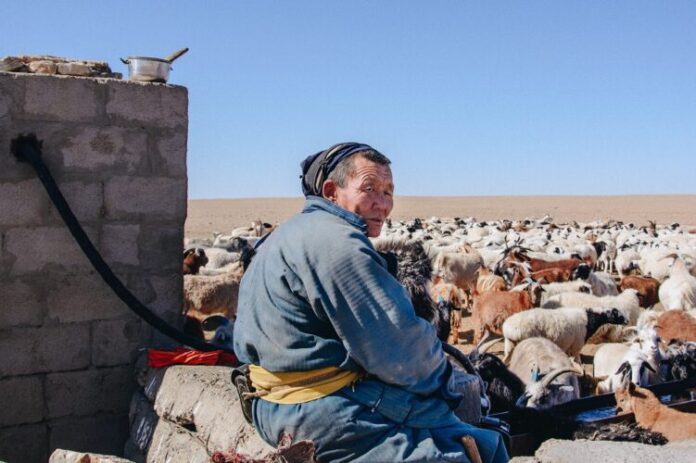The United States Agency for International Development (USAID) has announced a three-year project worth $2.1 billion aimed at providing relief for Mongolia and its communities. The package will also help the nation cope with the impact of natural disasters and adjust to climate change, the US Embassy of Mongolia informed.
Through the Climate Resilient Communities project, USAID is hoping to assist Mongolian communities of urban and rural areas to stay safe and preserve their “livelihoods during extreme weather events, natural disasters, and livestock disease outbreaks.”
“Mongolia is a country that is prone to natural disasters, and unfortunately climate change has increased the frequency and severity of many of these events.,” U.S. Ambassador to Mongolia Richard Buangan said, as quoted in the press release. “This new USAID project builds on the success of previous USAID-supported activities that helped Mongolian communities prepare for and respond to natural threats.”
To prepare for catastrophes and safeguard people, property, and animals, USAID will collaborate with local authorities and communities.
In order to assist communities in preparing for and responding to catastrophes, including earthquakes, droughts, dzuds (extreme cold weather occurrences), and forest and steppe fires, the project will offer training in emergency response, first aid, and disaster preparedness.
Additionally, this initiative will enhance field veterinary services and collaborate with herder communities on strategies for preventing livestock diseases.
Since 2010, USAID has been assisting Mongolian communities in increasing their disaster preparedness by contributing over $9 million to disaster risk reduction initiatives.



